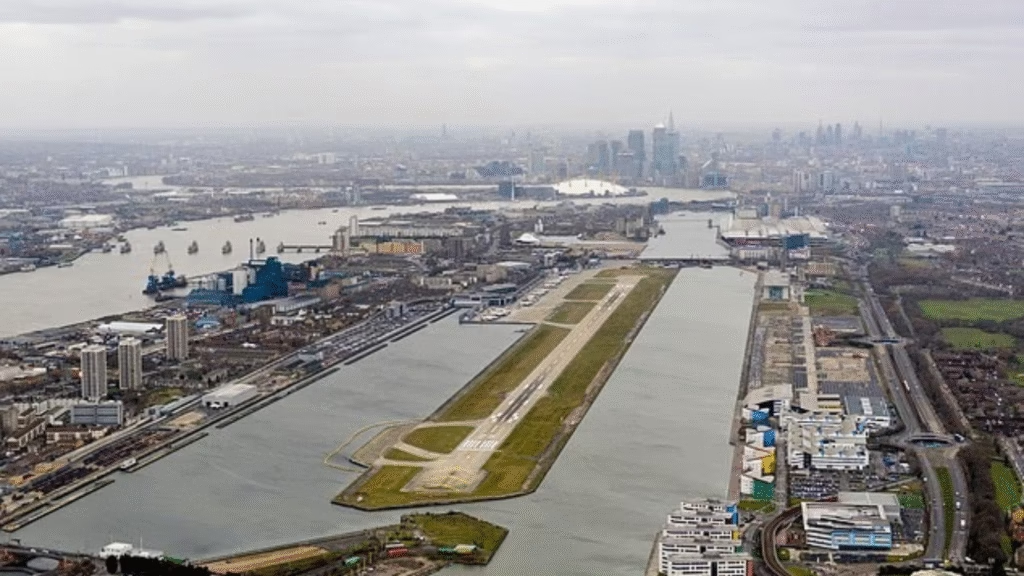A British Airways flight from Florence to London City Airport experienced significant disruption when twenty passengers had to disembark before departure due to weight restrictions caused by extreme weather conditions.
The Incident
The drama unfolded at Florence’s Amerigo Vespucci Airport as temperatures soared to 35°C (95°F). The intense heat created challenging conditions for the BA Embraer ERJ-190, forcing flight crew to make difficult operational decisions.
Initially, airline staff requested that 36 passengers volunteer to leave the aircraft. However, only approximately 20 passengers agreed to disembark from what was described as a half-empty flight, according to a British passenger on board.

Why Heat Affects Aircraft Performance
The scorching temperatures created a perfect storm of aviation challenges. Hot air becomes less dense, reducing the aircraft’s ability to generate lift efficiently. This phenomenon, known as high density altitude, meant the plane required additional fuel to reach its cruising altitude safely.
The extra fuel added significant weight to the aircraft, compounding the problem. Florence’s relatively short 5,118-foot runway—less than half the length of Gatwick’s 10,879-foot runway—further limited the plane’s takeoff capabilities under these conditions.
Pilot Calculations and Safety Protocols
Aircraft commanders must calculate density altitude based on temperature and atmospheric conditions to determine safe takeoff parameters for the available runway length. This critical safety assessment determines maximum allowable aircraft weight for departure.
The calculation becomes particularly crucial at airports with shorter runways during periods of extreme heat, where margins for error are reduced.
Airline Response
British Airways issued an apology for the inconvenience caused to affected passengers. A company spokesperson explained to the Daily Mail that the airport’s unique characteristics, combined with extreme temperatures affecting air pressure, necessitated the weight reduction.
The airline took responsibility for passenger welfare, rebooking affected customers on the next available service and providing hotel accommodation and transportation during the delay.

Climate Change Implications
Aviation experts have warned that increasingly frequent hot weather events linked to climate change could create ongoing operational challenges for smaller airports. These conditions may force airlines to regularly reduce passenger loads or cargo weight to maintain safety standards.
Such operational constraints could potentially impact travel costs to popular Mediterranean destinations including Spain, Italy, and Greece, as airlines may need to carry fewer passengers per flight to operate safely during peak summer temperatures.
The incident, which occurred earlier this month, highlights the growing intersection between climate change and aviation operations, particularly at airports with infrastructure limitations.






